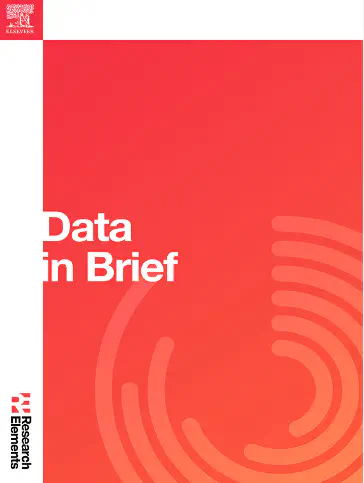Life-history data of a key amphipod species from three NE Atlantic estuaries under different levels of anthropogenic pressure

Abstract
Knowledge on population dynamics of ecosystem’s key-species is invaluable to understand how populations will respond to natural and human-induced perturbations. The amphipod Echinogammarus marinus is a key-species from European estuarine habitats with a distribution ranging from Norway to Portugal [1]. The present article contains supportive data related to a research article entitled ‘Comparing production and life-history traits of a key amphipod species within and between estuaries under different levels of anthropogenic pressure’ [2]. The present dataset presents the density, biomass, fecundity, and production of E. marinus in three estuaries under different anthropogenic pressure and, within each estuary, at three sampling sites, which differed in terms of the distance to the estuary mouth, vegetation cover, and organic matter content. Monthly environmental abiotic data and seasonal concentration of PAH and other contaminants are also provided. Sampling took place monthly for 13 months at low tide on intertidal mudflats. At each site, Fucus fronds containing E. marinus individuals were randomly collected. All E. marinus individuals were counted, sexed, and measured under a binocular stereo microscope to estimate the density and the biomass of E. marinus in Fucus fronds. Finally, the annual production of E. marinus at each sampling site was estimated through the size-frequency method. This dataset may be used to compare population traits of E. marinus populations across different estuaries and it may overall assist designing studies regarding population dynamics and designing management strategies in coastal systems, namely targeting at habitat conservation and restoration.